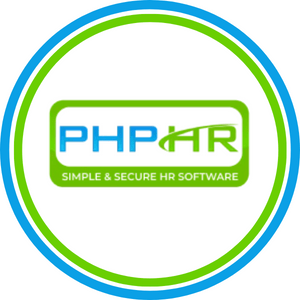Human Resources Work in Company

Human Resource, as the name suggests, is the department within a business that is responsible for all activities related to the people, the workers of the business. It handles work related to employees including recruitment, vetting, selection, hiring, training, promotion, pay, replacement, and so on. It is also responsible for formulating new legislation guiding how workers need to be treated during the hiring, working, and firing process. Needless to emphasize, employees are one of the most valuable assets to a company and HR department helps in building such a friendly environment in the company that boosts the productivity of the employees and thus benefiting the business. So, basically the responsibility of HR includes maximizing employee productivity and protecting the company from any issues that may arise within the workforce.
Human Resources Work in Company

Human Resources Planning
The HR department is responsible for developing and achieving the goals of the company. HRs are actively involved in the planning process and are aware of the projects to be undertaken by the company. This helps them have a complete understanding of the use of the right resources to be employed to ensure delivery of work on time. Actual performance is also compared with expected performance and necessary actions are taken if any significant deviation is found.
Recruiting Candidates
One of the main responsibilities of HR includes recruiting candidates for any vacant job in the company and managing the whole recruitment process. They are responsible for advertising the job properly so that suitable candidates can be attracted. Following this, a proper screening process is done to make sure the only the right candidate is selected.
Compensation
Work for HR includes deciding salary, bonus and incentives for all employees. They also handle various other processes related to employees pay including attendance, vacation, leave days, performance appraisal, etc. Though the payment is to be made by the accounts department, the HR department acts as a mediator to ensure easy payment of compensations.
Updating Workplace Policies
The role of HR includes formulating, changing, and discarding workplace policies that are necessary for employees. These policies are formulated in such a way that the focus is on reducing conflicts, handling legal issues, and improving employee productivity. Policies are designed in such a way that the interests of both employee and employer are satisfied.


Maintaining Employee Records
The record of the employee is maintained by the HR department. These records provide personal information and emergency contact for every employee. HR may get an accurate idea of resource allocation and usage by keeping track of employee records. It also helps in assessing productivity at individual, functional and organizational levels.
Ensuring Employee Satisfaction
An employee who is satisfied with his role and compensation will not easily leave an organization. HR is accountable for keeping employees happy, positive, motivated, and satisfied. An employee is satisfied if he is properly paid for his work and is provided sufficient incentives. So, the HR should formulate proper compensation and incentive plans for maximum satisfaction of the employees.
When managed well, these high performing work practices will lead to motivated employees and superior organizational performance. This is what good Human Resource Management is all about: creating organizational value through engaged employees. It goes without saying that these HR roles should align with each other. It is hard to hire the right people if you do not compensate them fairly. Or, you will run a big risk if you have a grievance procedure but can’t effectively resolve conflicts.





